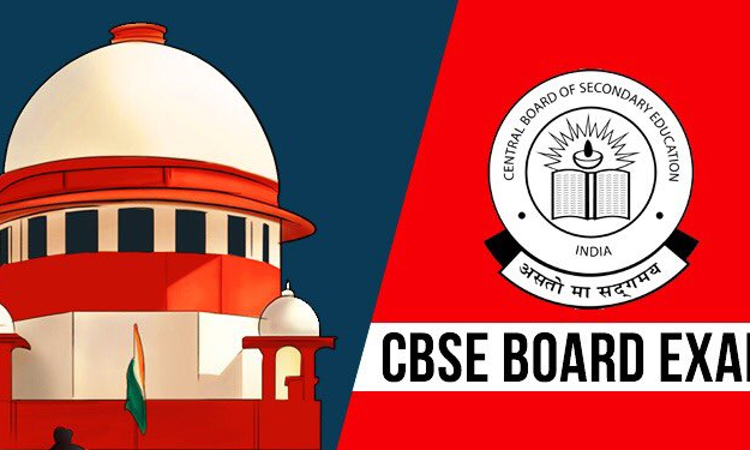CBSE Byelaws Existing On Date Of Results Declaration Will Apply For Certificate Correction : Supreme Court
LIVELAW NEWS NETWORK
4 Jun 2021 3:41 PM IST

"The Byelaws existing on the date of such declaration/publication of result and issue of certificate would be relevant for the purpose of effecting changes in the certificates".
Next Story


